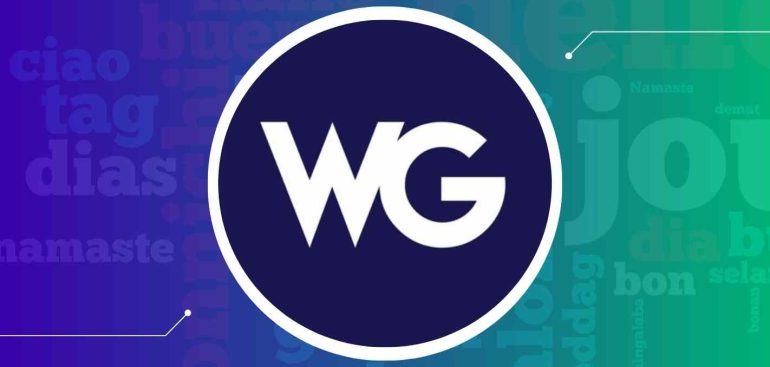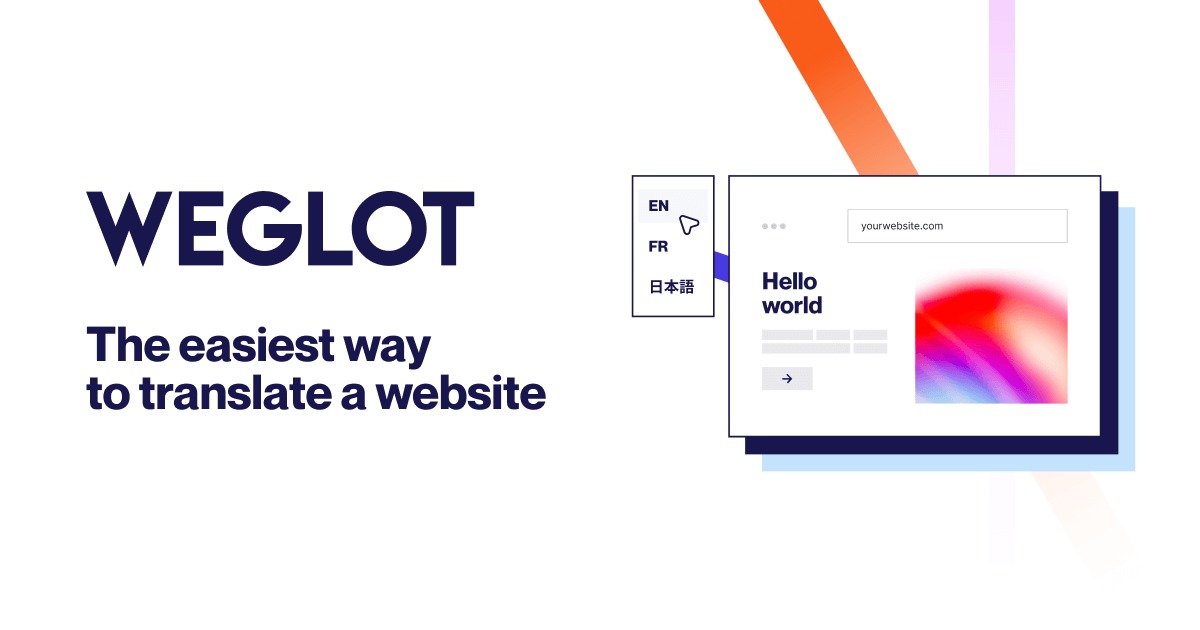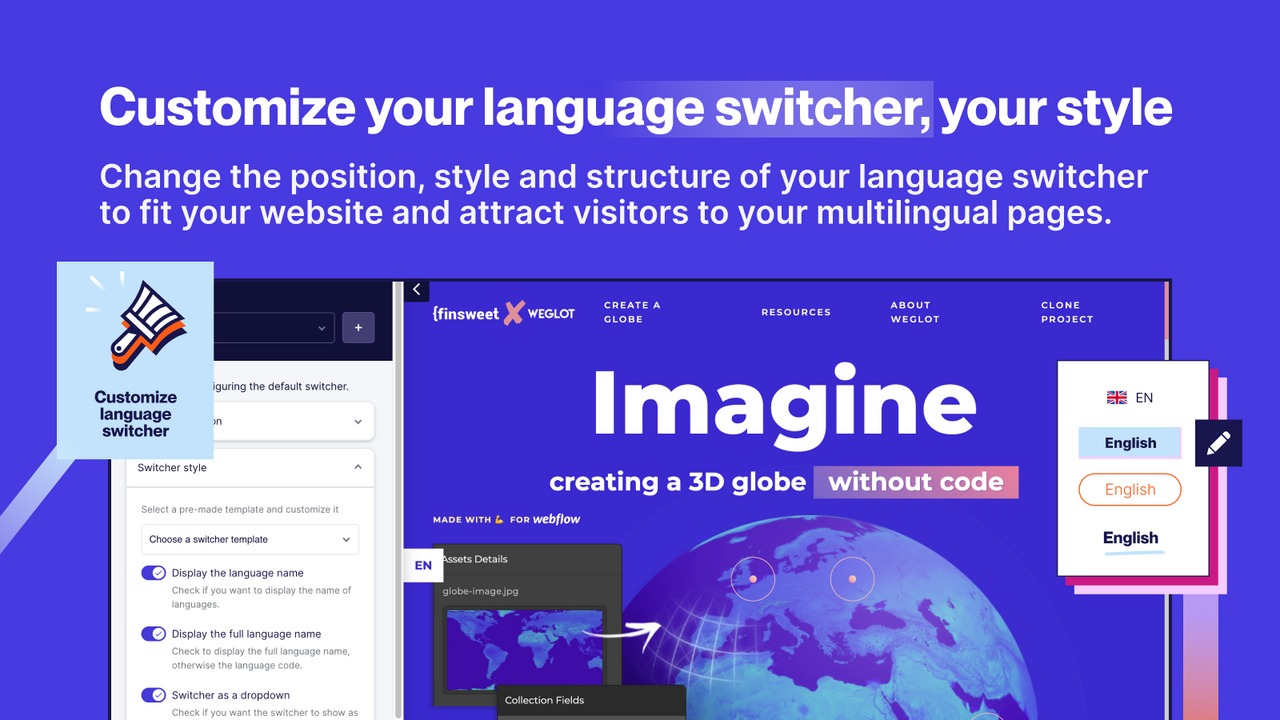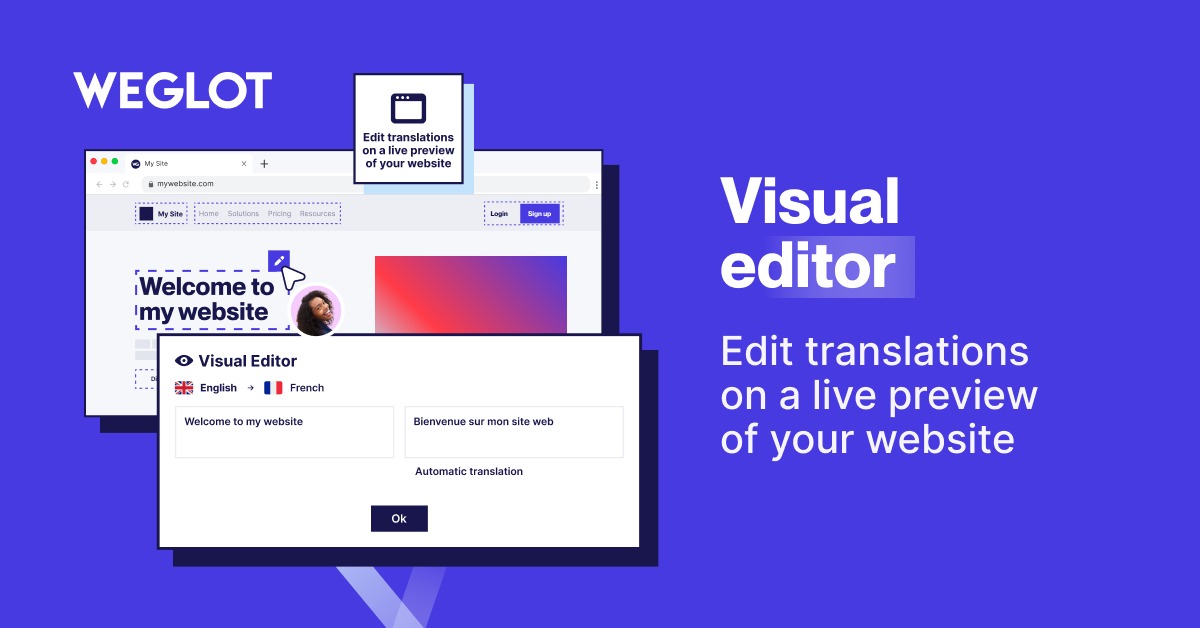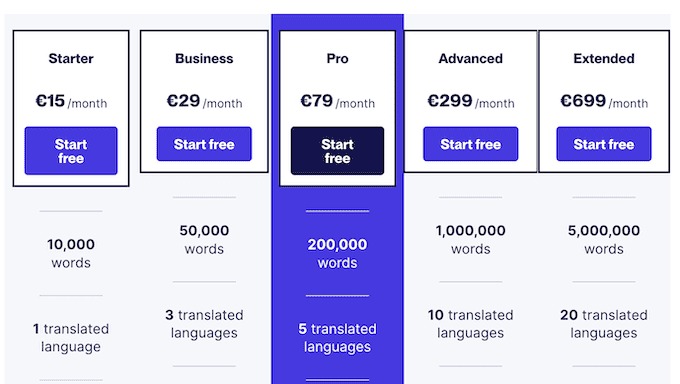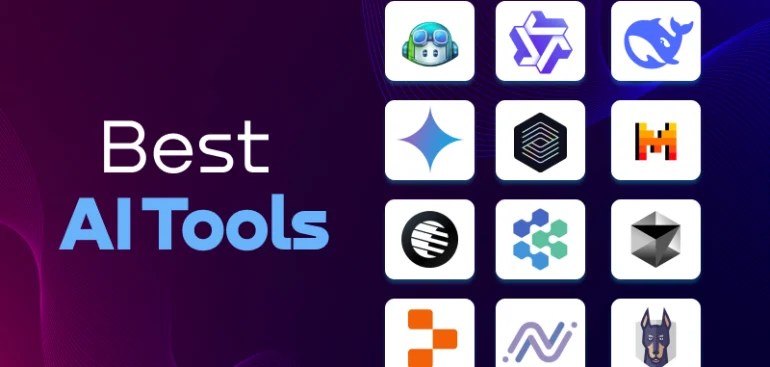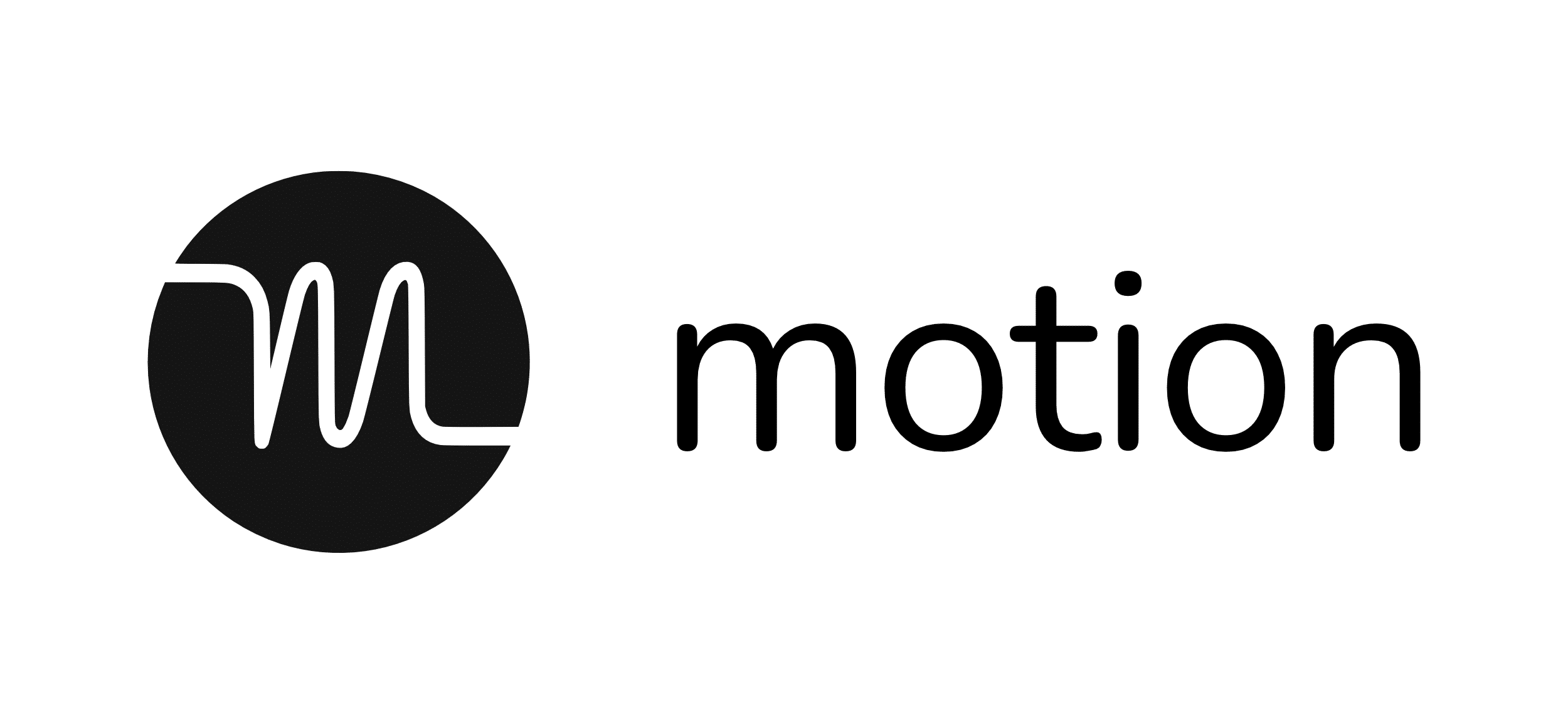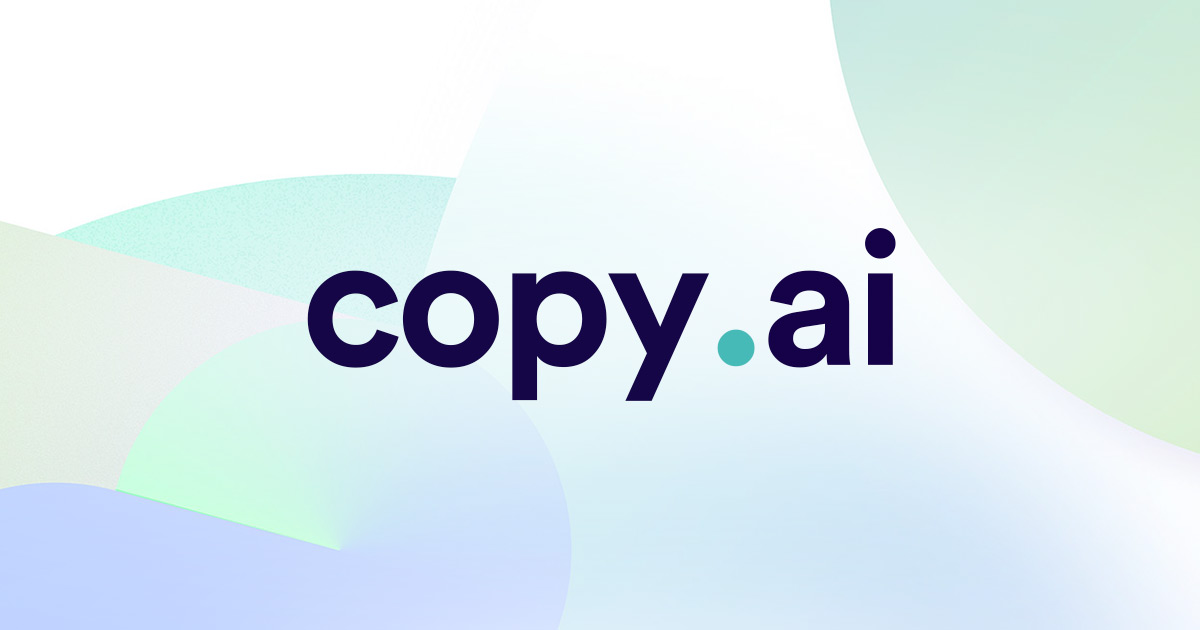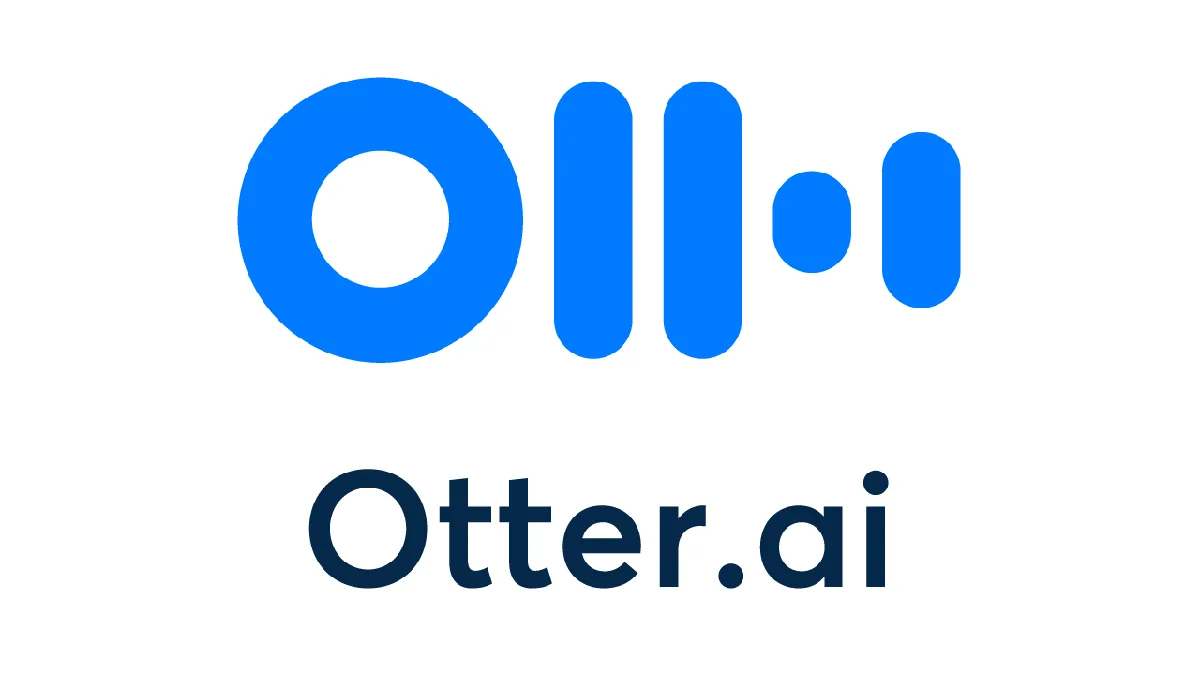What is Weglot?
Everyone wants to rank their website not only nationally but around the globe, and we know that, everyone does not know the same language, so if anyone comes to your website and, due to a language barrier, he did not perform the desired action, it will result in negative consequences. So, you have to make sure that the website translates into the desired language so that visitors can comfortably surf your website.
So today, let’s discuss Weglot, a software that can translate your website into multiple languages and gradually can upgrade user experience for international visitors, which results in ultimately more website traffic and search engine presence. It leverages the power of AI and machine learning to translate your full website from text to image alt tags, everything. You can easily integrate Weglot with the website hosting, it works great with WordPress. It can automatically detect the content and can translate the content continuously, so that it can streamline the whole translation journey.
Why Weglot?
We have understood Weglot, now let’s see why you should use it, or why it can be a great choice.
Automatic or effortless Translation process: –
Do you know? Weglot offers a translation process for over 110 languages. It translates the whole website, including text, menu items, pop-ups, and dynamic content, in just the blink of an eye, and even with exceptional accuracy. It offers post-editing tools that enable you to fine-tune the translations and provide user-friendly translations.
Smooth integration with WordPress: –
It can seamlessly integrate with WordPress, so that it can provide a hassle-free translation experience. You just need to install the plugin and integrate it, and taddaaa! you are all set to go. You must have encountered several times when you were not able to translate the entire website so with its user-friendly interface and intuitive workflow, now this challenging task becomes easy, and let me tell you the cherry on the cake which is if you required a human touch for any content, so can order the professional translation services from their website. This service is really great for high-value pages like product descriptions, landing pages, and legal formalities.
Multilingual Website Made Easy: –
Do you Weglot can help you in SEO as well, as the platform is designed in such a way that it can align with SEO goals. So with this platform, you are not required to create separate websites, instead, it automatically creates SEO-friendly subdomains, subdirectories with appropriate tags so that search engines can index each and every page accurately. It also adds a sleek language switcher so that visitors can toggle between their preferred languages easily.
Global Discoverability
In order to optimize pages for search engines so that they index and rank the translated content, it implements various tags, which include hreflang tags as well. It also converts the metadata website into the required language and can also redirect visitors based on their browser’s language settings, so that the overall design experience and user experience can be upgraded.
Plans offered by Weglot: –
Now you must be thinking about how much Weglot will cost you. Now, if you look at its pricing plans, then it offers various plans. With every plan costing and features both will increase. If you are a novice to the platform, you can start with the free plan, which can provide you with some basic features so that you can understand how much the platform is aligned with your goals.
After the free plan, it has various paid plans like starter, business, pro, advanced, and extended, and with every plan, the features increase. With the free plan it offers 2k words, 1 translation language, an AI translation glossary, and more. With the Starter plan, 10k words, 1 language translation, media translation, auto redirection, and more. With the Pro plan, 50k words, 3 translation languages, access to pro translators and more, 2L words, 5 translated languages, team members, translated URLs, and more with the Pro package, similarly, you will get more features with advanced and extended plans.
Winding Up: –
In 2025, Weglot can be the most efficient and accessible tool for translating your website to translate website. With this platform, you can easily create a professional multilingual website in just a few clicks, and you are not required to use those traditional, complex methods to translate the website. One other great advantage is its affordable pricing plans, as it delivers quality at great prices, such as fast implementation, translation quality, SEO compatibility and scalability. So you must try out the platform.

